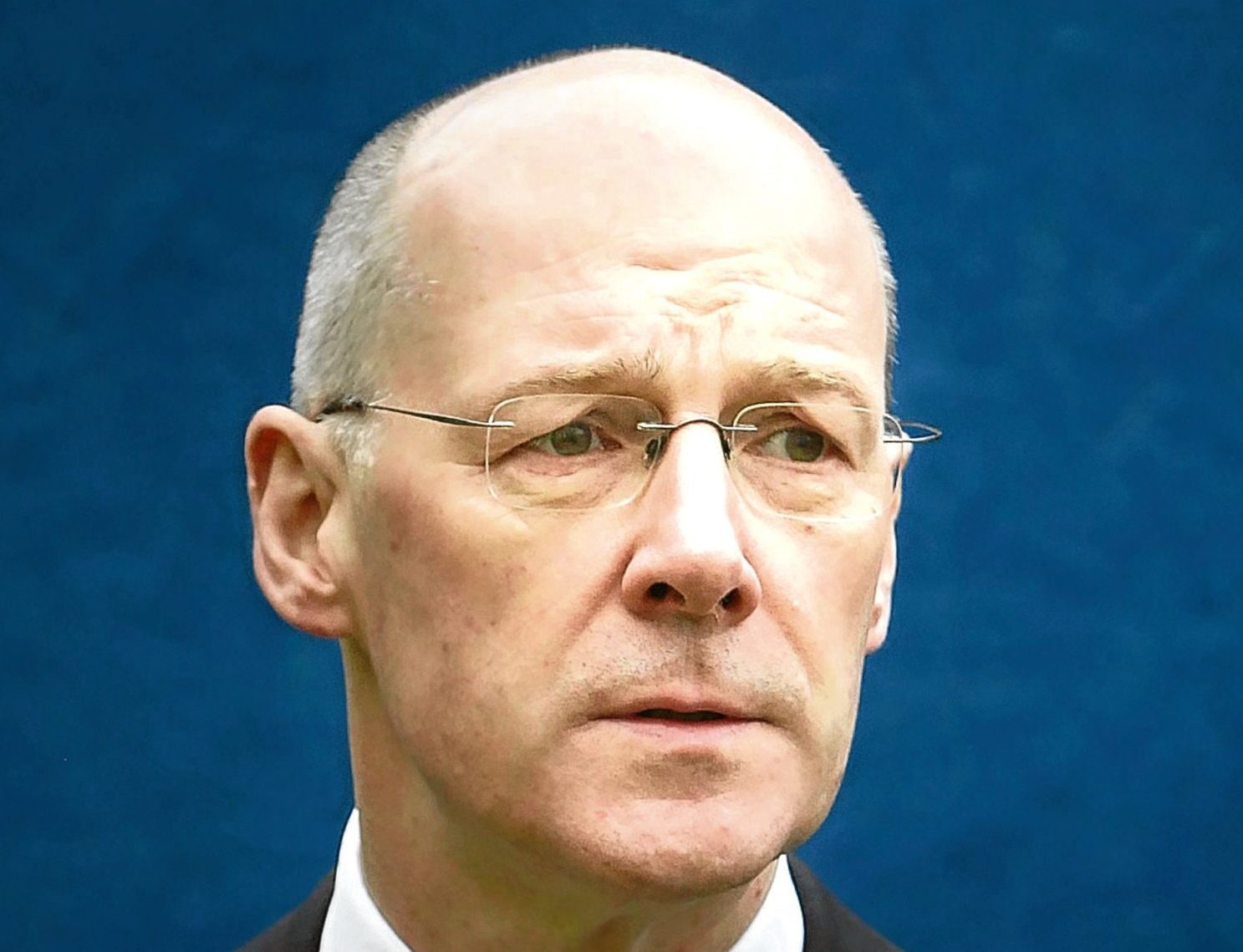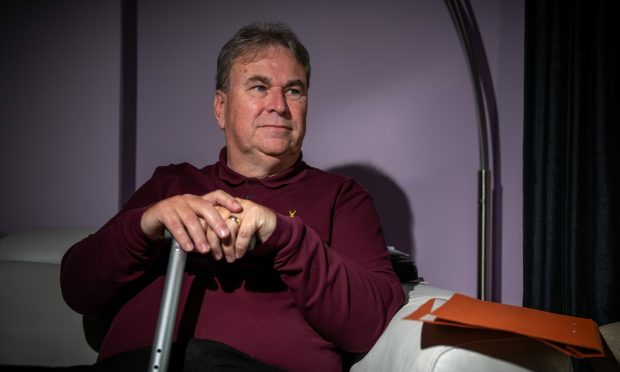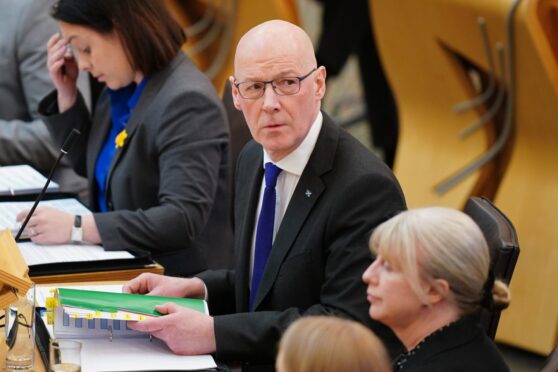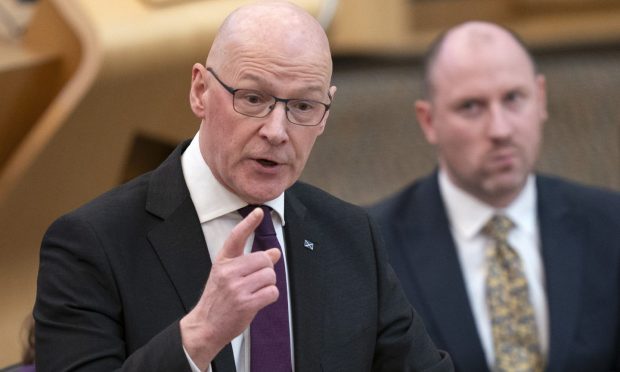Schools in the Education Secretary’s Perthshire constituency have warned that his new bill could make it even harder to fill senior posts.
John Swinney’s education shake-up would give more powers to headteachers over spending, recruitment and the curriculum.
Local authorities in Tayside and Fife have voiced fears that the extra workload will reduce the time senior leadership can dedicate to improving learning.
Education chiefs at Perth & Kinross Council said it could also hamper efforts to recruit principals amid national shortages.
It was one of several concerns raised in consultation responses to the Education (Scotland) Bill, which aims to give headteachers more freedom to run their school without government interference.
The Perth & Kinross Council submission said: “Some of our headteachers in our small schools are concerned at the further operational requirements that this charter will bring, leading to a significant impact on their ability to plan meaningful learning and teaching experiences for the children in their care.
“At a time when we are looking to attract more candidates to headteacher positions, evidence gathered through discussions suggest that these proposals could be a barrier to recruitment.”
Mr Swinney, who is the Perthshire North MSP, says the bill, which is to be published in the autumn, is about seeing that “key decisions in a child’s education are taken by schools”.
The legally-enshrined charter for headteachers in the draft legislation gives them responsibility for choosing staff and management structure, deciding what is in the curriculum to broad national guidelines and direct control of more funding.
The Scottish Greens delivered a blow to the prospect of the SNP securing a parliamentary majority to pass the legislation by urging the government to “stop blindly storming ahead with unwanted changes”.
Iain Gray, from Scottish Labour, which has called the bill a “power grab” from councils, said the consultation results show he has “failed to create a consensus for school reforms”.
Liz Smith, the Tory MSP, said Mr Swinney’s regional collaboration system fails to properly de-centralise power and is leaving local authorities unsure of their role.
A Scottish Government spokeswoman said the reforms are about “giving schools and headteachers more power and money to raise standards”.
“They are based on international evidence of how high-performing education systems work – delivering extra help for teachers in the classroom, more professional development and a stronger voice for parents and pupils,” the spokeswoman added.
“The majority of respondents to the consultation support the principles behind our education reforms and, as the International Council of Education Advisers said last week, the direction of travel in Scottish education is impressive.”










